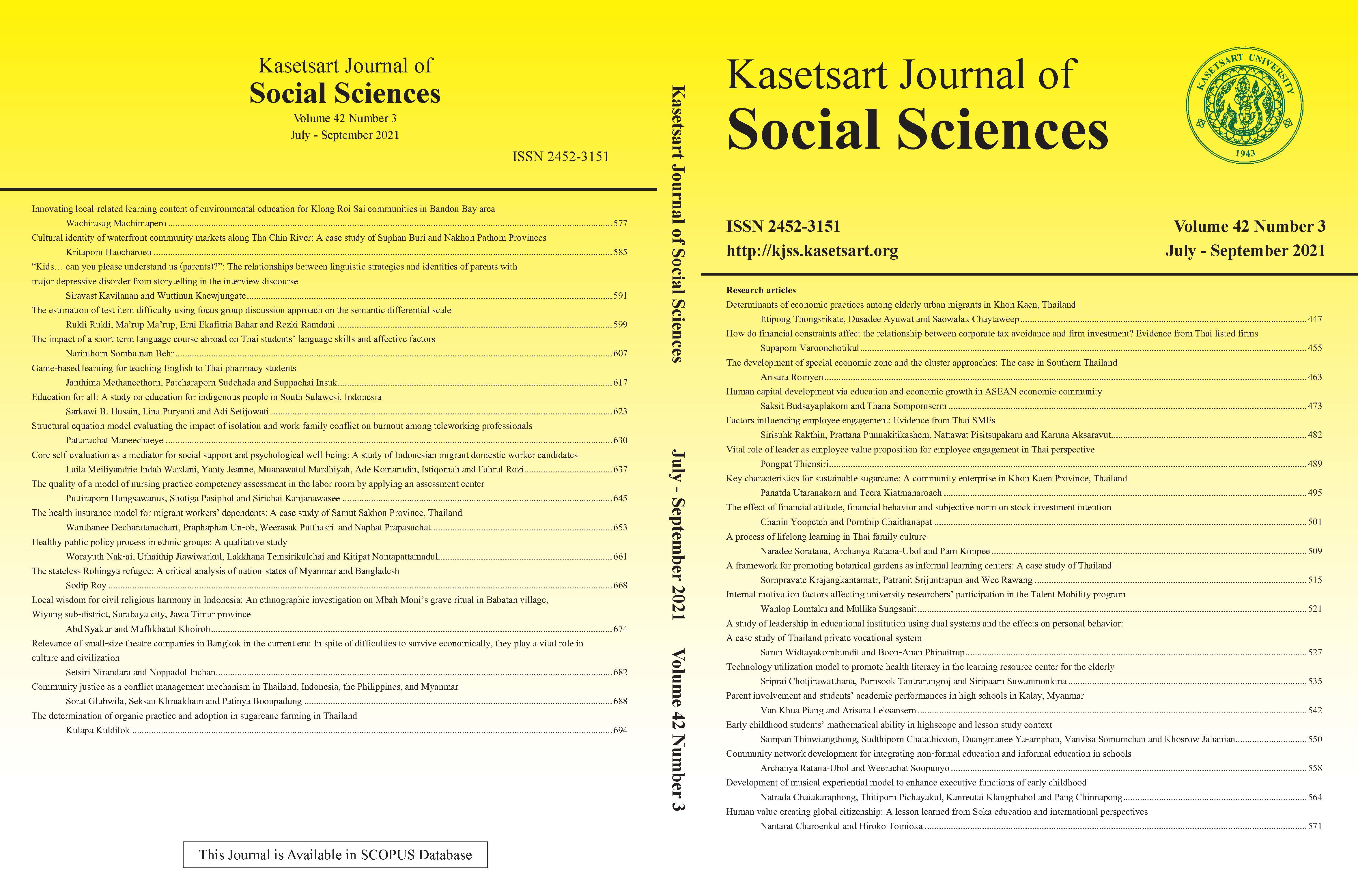The stateless Rohingya refugee: A critical analysis of nation-states of Myanmar and Bangladesh
Keywords:
aliens, citizenship, exclusion, sovereign, transnationalAbstract
In every nation-state, there usually underlies a genealogy of incongruent relationship within its elements that determines the dynamics of inclusion and exclusion of members in this system. Although this issue is well-researched in the ‘refugeehood and nation-state’ scholarship, such crises are not over at all. Thus, many more studies are required not only to devise a way out but also to create a consensus against the production of refugees in the future. Therefore, this study takes up the case of Rohingya refugee crisis in the parlance of Arendt’s (1979) critique of nation-state and Agamben’s (1998) sovereign power, whereby the passage of nation-state initially creates refugees and then bare lives in the camps. To that end, exploration of nation-state principles, political development of Myanmar and Bangladesh as well as relevant studies on Rohingya refugee crisis helped to draw the conclusion that the nation-state system cannot end refugee crises. Moreover, an increasing level of critical aspects of this state system regarding refugeehood constitutes an ethical impetus for something alternative to this political entity.
Downloads
Published
How to Cite
Issue
Section
License
Copyright (c) 2021 Kasetsart University

This work is licensed under a Creative Commons Attribution-NonCommercial-NoDerivatives 4.0 International License.
This is an open access article under the CC BY-NC-ND license http://creativecommons.org/licenses/by-nc-nd/4.0/










